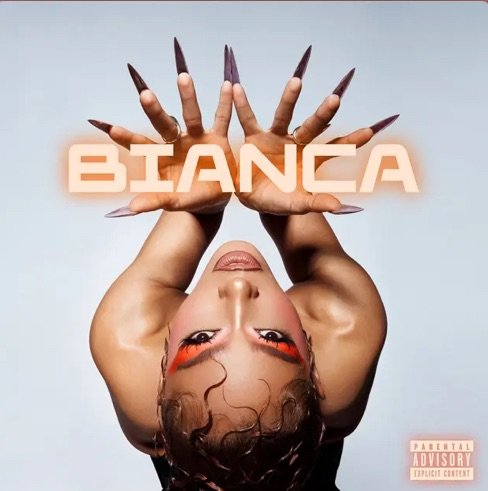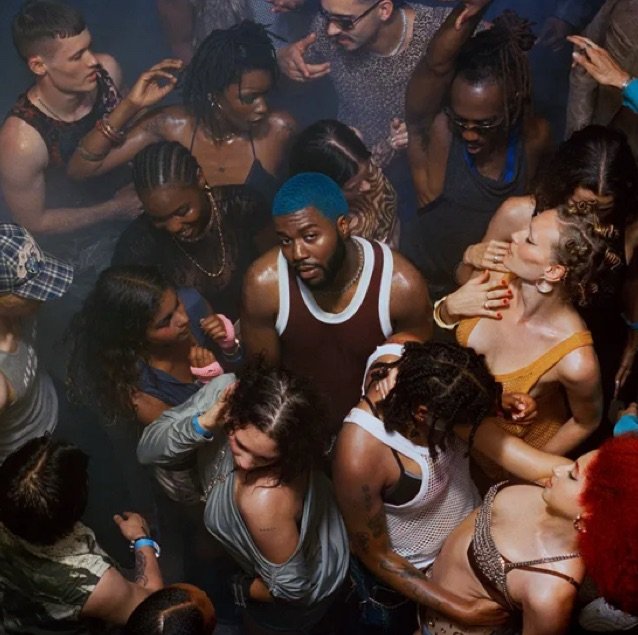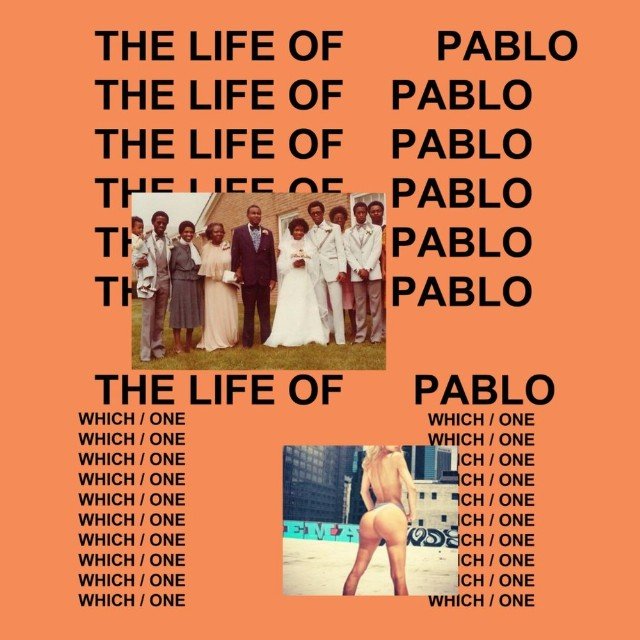
Brady Corbet’s award-winning third feature film, The Brutalist, is an extraordinarily ambitious exploration of the creation of equally ambitious work. In turn, what Corbet and his team have crafted is a monumental cinematic achievement—an awe-inspiring film that both visually and thematically delves into the intimate inner workings and contradictions of its flawed human characters with the same reverence for monumental scale with which it captures the towering architecture of the film’s narrative. It is a remarkable, ruthlessly compelling, and frequently ingeniously innovative film that I cannot recommend enough.
Cards on the table: I’ve been eager to see The Brutalist for a long time, even before it premiered at festivals and garnered the acclaim and awards it’s since received, simply because of Brady Corbet’s name. Originally a child actor, Corbet transitioned to writing and directing in 2015 with his debut, The Childhood of a Leader. But it was his sophomore feature in 2018, Vox Lux, that truly endeared him to me. Vox Lux wasn’t a hit; it received mostly mixed reviews and didn’t receive any major award nominations, but I love it to pieces. The Natalie Portman-starring musician-centered drama encapsulates the culture of the ‘00s transitioning into the 2010s, and it remains just as haunting and relevant today. I mention this not only to implore you to check out Vox Lux (it’s great!) but also to explain that the combination of its relative failure and my deep appreciation for it made me determined to support whatever Corbet did next.
So, when I learned that Corbet’s next film was a three-hour-plus drama filmed in VistaVision, it’s hard to overstate how all-in I was. The Brutalist delivers on every front.
From the opening frames, Corbet immerses us in a compelling visual language and soundscape. Working with cinematographer Lol Crawley, Corbet creates a sense of scale so vast it practically engulfs the viewer. The narrative and how the filmic medium will enhance the story are established right from the start. As Adrian Brody’s character, László Tóth, arrives at Ellis Island aboard an overcrowded ship, Corbet uses the wide frame but keeps the camera rigorously focused on Brody as he struggles through the labyrinthine corridors of the darkened ship. This sustained shot, paired with sound designers Andy Neil and Steve Single’s work, Daniel Blumberg’s persistent percussive score, and Felicity Jones’s vocal performance as Tóth’s wife, creates a fever-dream of an opening that sets an anxious tone and plunges you directly into the story alongside Brody.
This scene culminates in one of the film’s defining visual motifs: as Tóth races to the top of the ship and revels in the sight of something, the camera seemingly bends backward to reveal an inverted Statue of Liberty. This wondrous opening communicates time, place, and tone purely through cinematic craft, in a visceral, experiential way. The use of VistaVision itself, a large-scale classic film format, harkens back to the era when the story is set (the ‘40s and ‘50s) while allowing the film to deliver a feast of visual scale and scope. The Brutalist isn’t content to leave big screens to mainstream blockbusters.
In today’s cinematic landscape, the largest screens are dominated by studio-backed blockbusters that cost hundreds of millions of dollars. But The Brutalist defiantly rejects the notion that a drama must be small-scaled or minute. Instead, it swings for the fences, delivering a cinematic tour de force that bursts off the screen without sacrificing the immediacy or intimacy of its character-driven drama. The interpersonal conflicts within the film feel all the more vivid and striking because of its larger-than-life cinematic approach.
While the problems of one life might seem small in the grand scheme, they feel immense when you’re living them—a disagreement with a loved one, the cancellation of a passion project, the betrayal of a friend. In the blockbuster-heavy cinematic ecosystem of 2025, this viewpoint is rare, but The Brutalist takes it to the extreme, and it benefits immensely from that.
The screenplay by Corbet and Mona Fastvold is skillfully structured, effectively laying out the various story threads while maintaining a sense of urgency and emotional depth. This is further aided by Dávid Jancsó’s editing, which weaves together disparate elements—period-appropriate footage and original material—into a cohesive and overwhelming whole.
Blumberg’s musical score is eclectic, captivating, and absolutely phenomenal. One of the film’s most jaw-dropping sequences, which uses no central characters and repurposes footage, highlights just how effective Corbet’s direction, Jancsó’s editing, and Blumberg’s score are in creating a powerful emotional impact.
At the heart of all this technical mastery is an outstanding ensemble cast, led by Adrien Brody, who delivers miraculous work as the film’s emotional core. Brody is a talented performer who excels even in lesser material, and The Brutalist provides him with a fantastic platform. His performance is nothing short of incredible. Felicity Jones (who brings raw intensity), Guy Pearce (who plays the long game), and Joe Alwyn (who plays a scumbag in two of 2024’s best films) all deliver standout performances. I must also mention Isaach de Bankolé, whose performance as Brody’s friend and confidant is profoundly moving, with a brief but striking moment late in the film involving his character’s aging son that lingers hauntingly.
RGM GRADE
(A)
The Brutalist is a deeply personal work told on the largest canvas imaginable. It’s a highly ambitious film that urges both artists and audiences to embrace ambitious work, telling the story of an artist striving to create something monumental. Despite all the trials Brody’s character endures, the film’s epilogue conveys that it wasn’t the journey, but the destination that mattered. And the fact that the film ends with a song called “One for You, One for Me” feels like a deliberate message—artistic work is the extrapolation of personal experiences, beliefs, and struggles, immortalized through creative expression. The Brutalist is exactly that.
Discover more from RATINGS GAME MUSIC
Subscribe to get the latest posts sent to your email.










